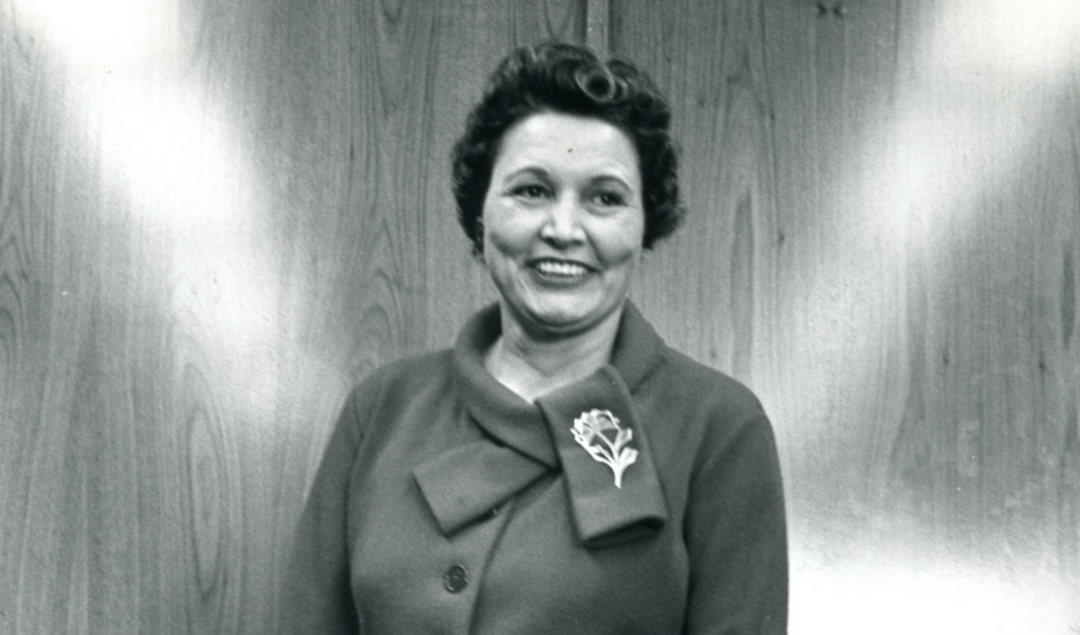4 Tech Leaders You Should Know About This Indigenous Peoples’ Day

Every year, on the second Monday in October, the US commemorates Indigenous Peoples’ Day to honor and celebrate Indigenous communities’ rich cultures, traditions, and contributions.
Here, we shine a spotlight on some remarkable Indigenous leaders, past and present, who are pushing the boundaries of tech and inspiring the next generation.
1. Mary Golda Ross
Mary Golda Ross was part of the Cherokee tribe and a great-granddaughter of Cherokee Chief John Ross. Her work as an engineer led her to be the first indigenous person in the US space program. She worked on the P-38 Lightning, one of the fastest airplanes at the time, which was used extensively during WWII.
Additionally, her research on the effects of pressure on the fighter plane helped solve problems related to high-speed flight and aeroelasticity. The US Mint’s 2019 Native American $1 coin, which is dedicated to American Indians in the Space Program, features an image of Ross on its face and was created to honor Ross’s work.
2. Thomas David Petite
Thomas David Petite is a Native American inventor and a member of the Fond du Lac Band of Lake Superior Chippewa, who is known for his work on wireless mesh technology, which enables wireless devices, like mobile phones, to communicate with each other.
David Petite also founded the Native American Intellectual Property Enterprise Council to support Native American inventors in patenting and commercializing their ideas. He also co-founded NDN IP Capital Partners, which focuses on private equity for Native Land Intellectual Property holdings.
3. Michael Running Wolf
Michael Running Wolf is a Native American software engineer and artificial intelligence researcher who is the founder of Indigenous in AI. Running Worf has a Master’s of Science in Computer Science, is a former engineer for Amazon’s Alexa, former faculty at Northeastern University, and is pursuing a PhD in CS at McGill University.
His initiative, Indigenous AI, focuses on creating automatic speech recognition tools for Indigenous languages in North America. He was inspired to create the initiative after working at Amazon and seeing how a team of Maori researchers preserved the Maori language.
“By elevating the voices of Indigenous ML researchers we will inspire future impactful work and break stereotypes,” it says on the website.
4. Angélica Lozano-Romines
Angélica Lozano-Romines (Mexican, Choctaw, Mississippi Choctaw, Chickasaw) is the founder of Gaming is Resilience, a space for indigenous gamers. She also founded Indigenous Alliance on Twitch, which aims to unify, cultivate and amplify Indigenous Twitch streamers’ voices, which she says is a way for women like her to monetize their passion.
“Angee joined forces with Indigenous gamers who share her vision for change. Together, they’re not just playing games—they’re rewriting the narrative. Their mission? To recruit and amplify Indigenous voices in gaming spaces, creating a vibrant community where resilience isn’t just a concept—it’s a way of life,” it says on their website.
Image: Evelyn Ross McMillan



